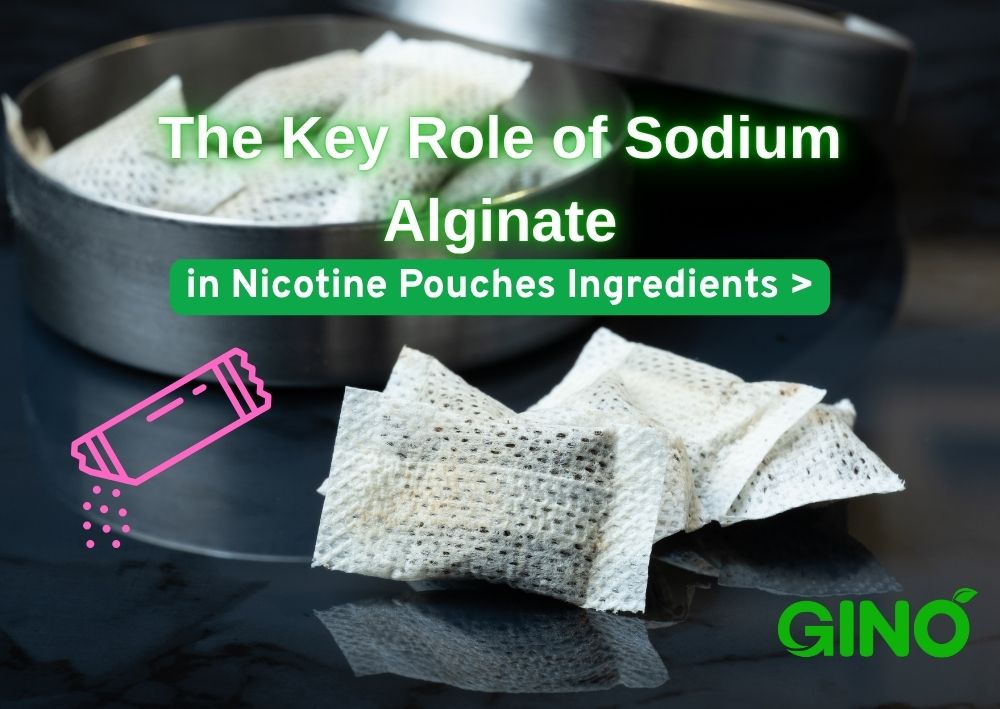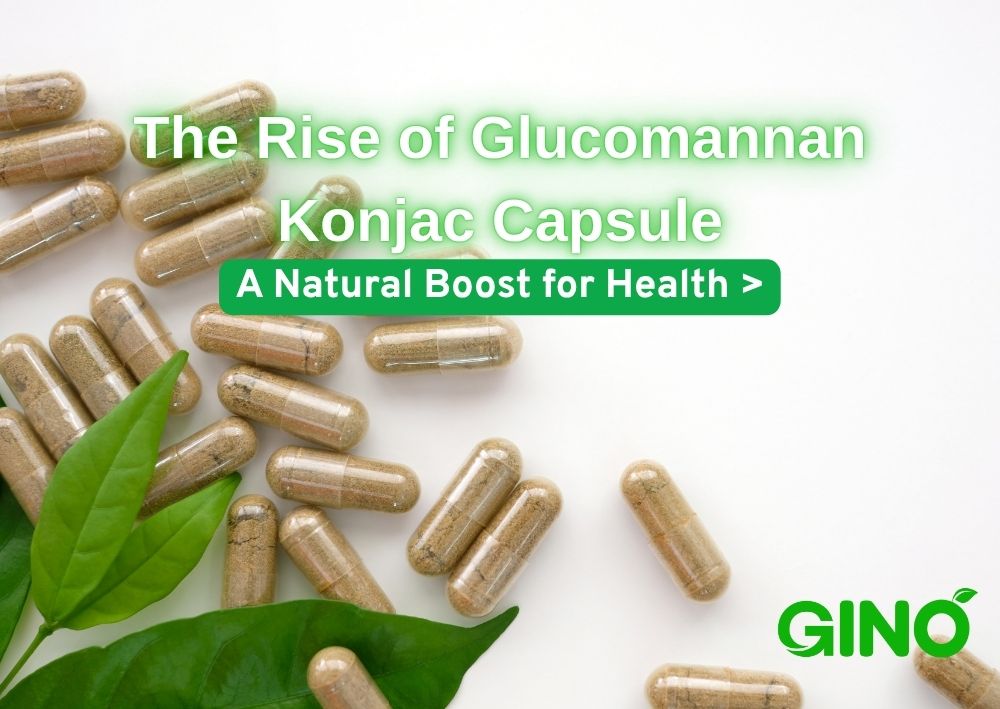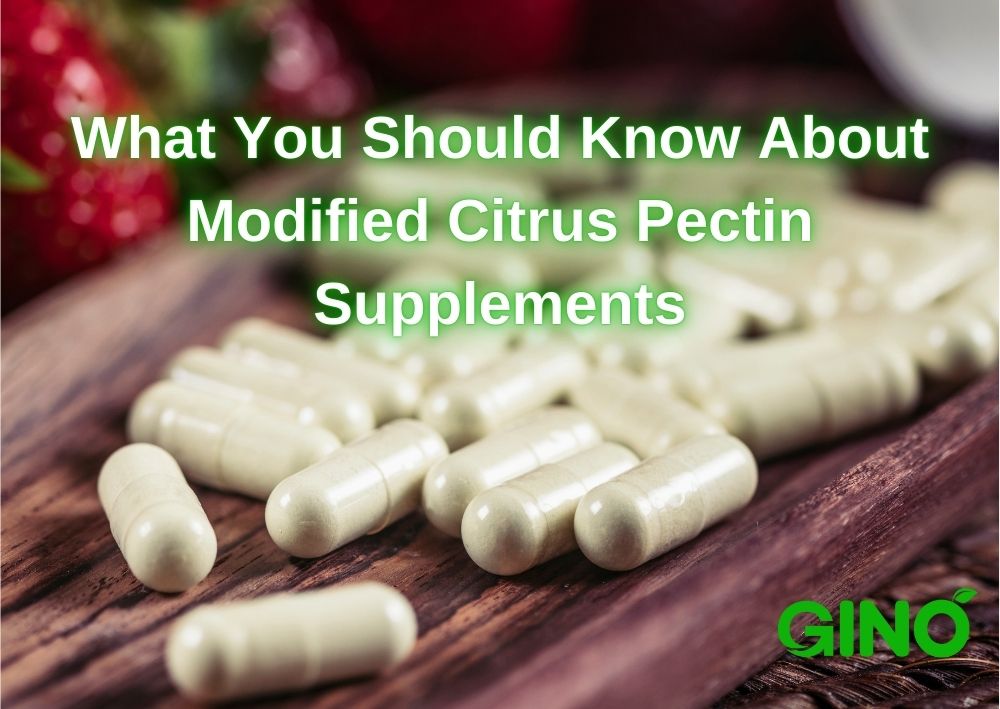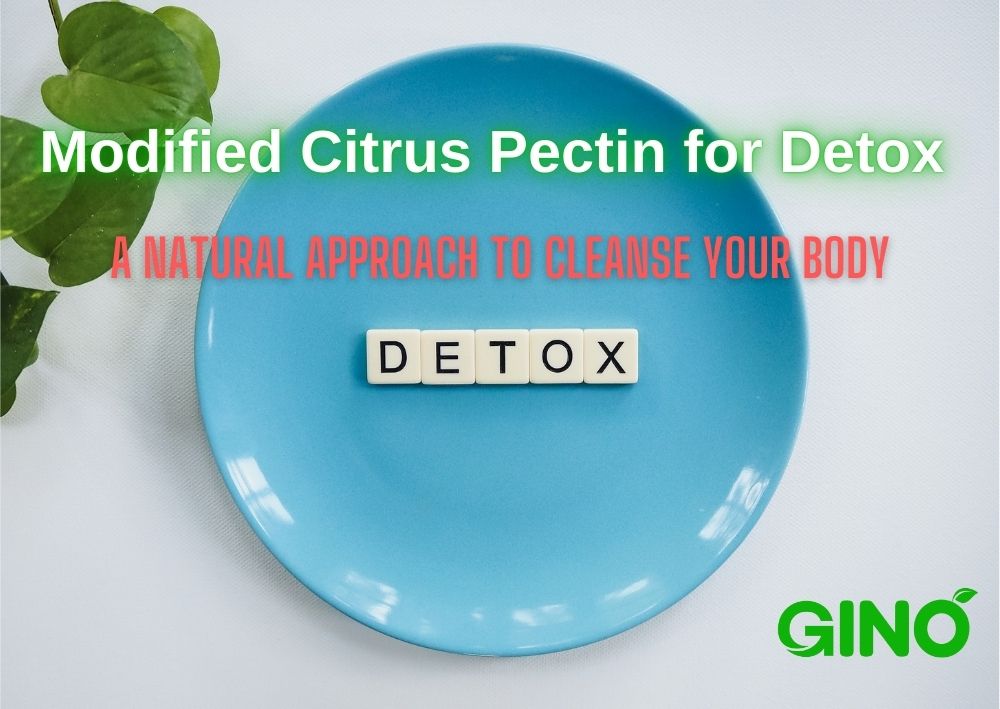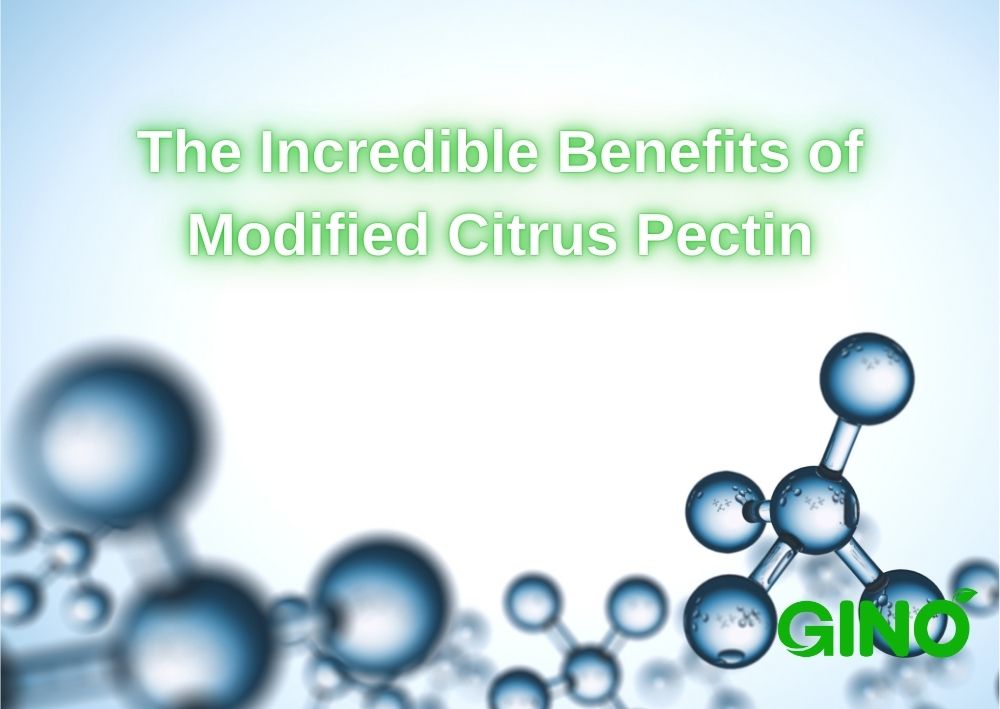
Key Properties of Sodium Alginate: A Comprehensive Guide
Key Properties of Sodium Alginate
Sodium alginate is a naturally occurring polysaccharide derived from brown seaweed, and it has gained a reputation as one of the most versatile and essential hydrocolloids in the food, pharmaceutical, and cosmetic industries.
In this article, we’ll dive deep into the properties of sodium alginate and how they can be leveraged to improve the quality and performance of your products.
Whether you are formulating gels, stabilizing emulsions, or looking for a reliable thickener, understanding the properties of sodium alginate is key. Let’s take a closer look at these properties, which range from its ability to form gels to its compatibility with various substances.
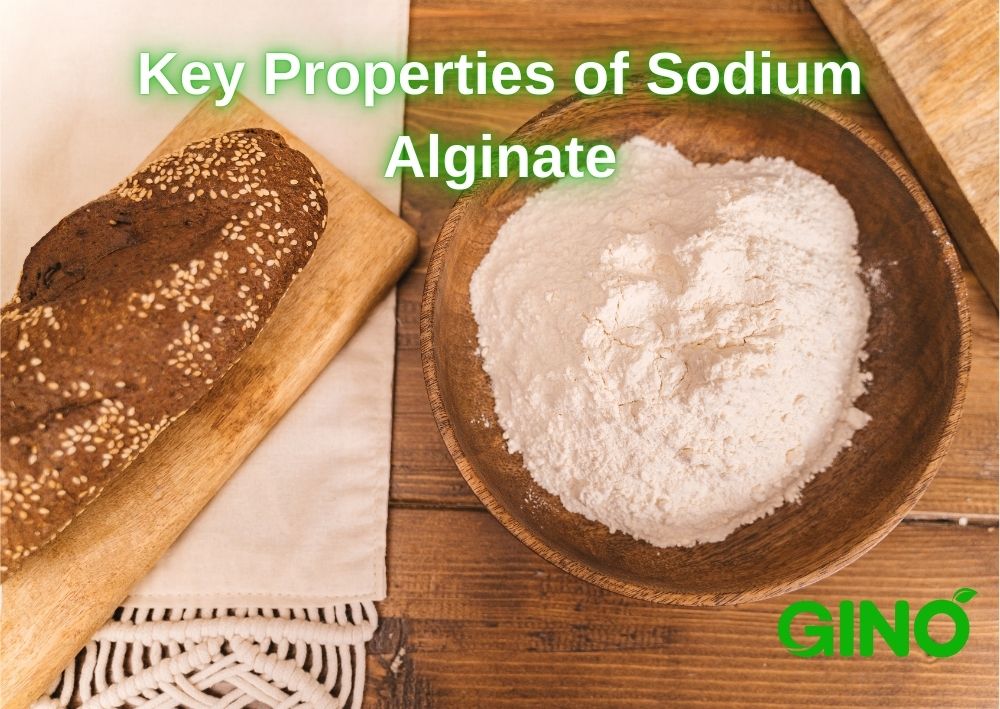
1. Gel Formation
One of the standout properties of sodium alginate is its ability to form gels when in the presence of calcium ions.
This gelation process occurs due to the interaction between sodium alginate and calcium ions, which leads to the creation of a stable gel structure. This property is widely used in food products like jams, jellies, and gummy candies. In pharmaceutical applications, this gel-forming ability is also utilized in the design of controlled-release drug delivery systems.
2. Viscosity and Thickening Ability
Sodium alginate is a highly effective thickener, especially in aqueous solutions.
Its molecular structure allows it to increase the viscosity of liquids, making it ideal for use in soups, sauces, and beverages. This thickening property is also beneficial in cosmetics, where sodium alginate can help create smooth, stable formulations in creams, lotions, and shampoos.
3. Solubility in Water
Another key physical property of sodium alginate is its excellent solubility in cold water.
Unlike some other hydrocolloids that require heat to dissolve, sodium alginate can be easily dispersed in water at room temperature. This property makes it highly convenient for use in both industrial and consumer products, where ease of processing is essential.
4. Stability Across pH Levels
Sodium alginate is relatively stable across a wide range of pH values, which makes it an ideal ingredient for products that require pH flexibility.
Whether in acidic or neutral environments, sodium alginate maintains its thickening and gel-forming properties. This makes it a valuable ingredient for a wide array of food and pharmaceutical formulations, where pH levels can vary.
5. Water Retention and Texture Improvement
Sodium alginate’s ability to retain water is another property that makes it especially useful in food and cosmetics.
In food products, it helps maintain moisture levels, leading to an improved texture and longer shelf life. In cosmetics, its water retention abilities contribute to a pleasant skin feel, making formulations more effective in hydrating the skin.
6. Emulsification and Stabilization
Sodium alginate also functions as an emulsifier, helping to stabilize oil-in-water emulsions.
This is particularly useful in the creation of products like salad dressings, mayonnaise, and even pharmaceutical suspensions. By preventing the separation of ingredients, sodium alginate helps maintain the consistency and texture of the final product.
7. Film-Forming Capability
Another interesting property of sodium alginate is its ability to form thin, flexible films when dried.
This makes it an excellent choice for use in food packaging, as well as in controlled-release drug systems. These films can provide protection to the contents, extend shelf life, and even be used for coating capsules or tablets in pharmaceutical applications.
Ready to take your product formulations to the next level?
Contact us now to discover the perfect sodium alginate solution for your needs and get started on enhancing your products today!
Contact usConclusion
Understanding the properties of sodium alginate opens up a world of possibilities for formulators in the food, pharmaceutical, and cosmetic industries. Its unique ability to gel, thicken, retain water, and emulsify makes it an indispensable ingredient in many products. By utilizing sodium alginate, you can improve the texture, stability, and overall performance of your products, ensuring they meet consumer expectations and industry standards.
If you're looking to enhance your formulations with a reliable and versatile hydrocolloid, sodium alginate is an excellent choice.
At Gino Gums, we offer a wide range of sodium alginate products tailored to your specific needs. Whether you require a high-viscosity grade for food applications or a low-viscosity option for pharmaceutical use, we’ve got you covered. Reach out to us today to learn more about how we can help you improve your products with sodium alginate.
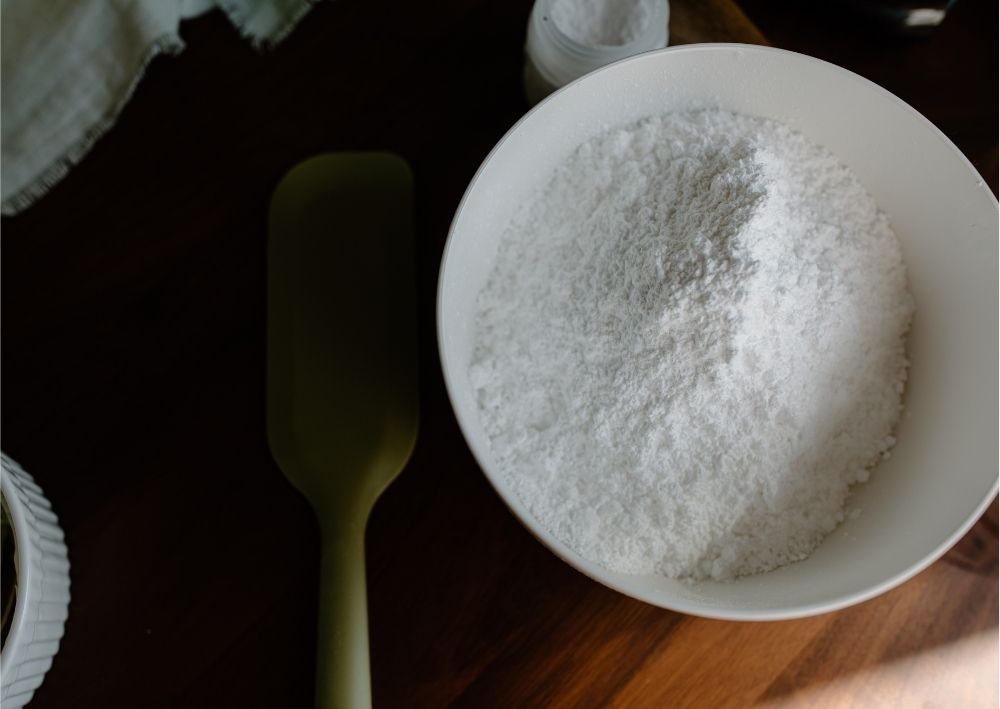
Any Questions? Need Help?
Recent Posts
About us
With the mission of providing plant-based gums & stabilizers for a healthier life, Gino Gums & Stabilizers was founded in 2018.
We focus our main attention on various kinds of Plant-Based Hydrocolloids and Stabilizing solutions systems.

